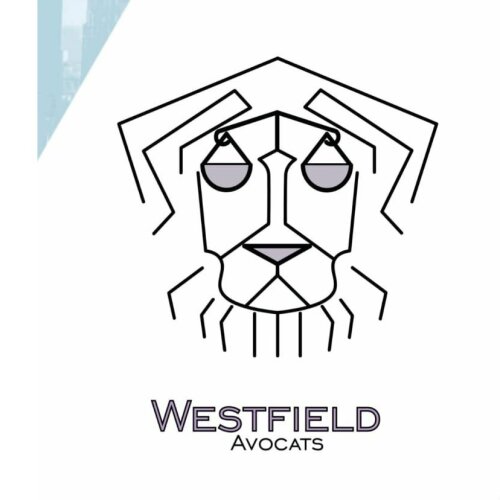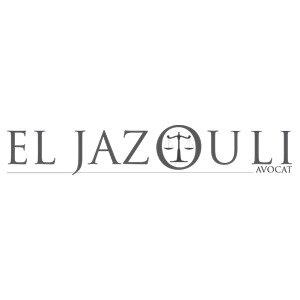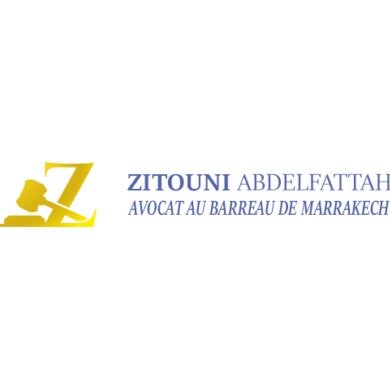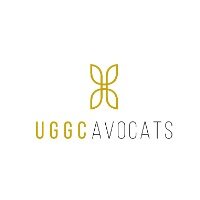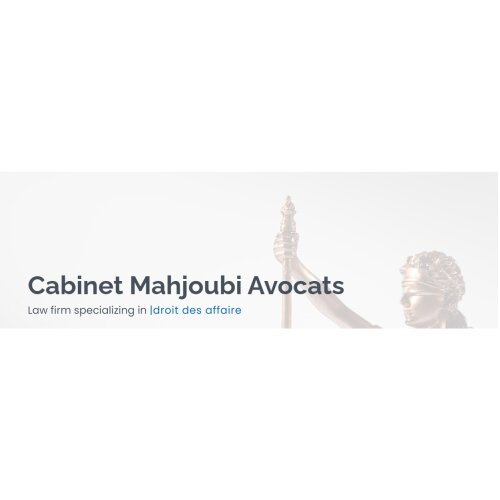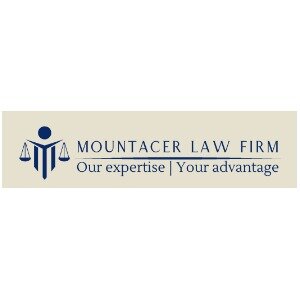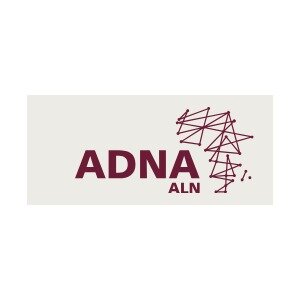Best Sustainable Finance Lawyers in Morocco
Share your needs with us, get contacted by law firms.
Free. Takes 2 min.
Or refine your search by selecting a city:
List of the best lawyers in Morocco
About Sustainable Finance Law in Morocco
Sustainable finance in Morocco refers to financial activities and investments that consider environmental, social, and governance (ESG) criteria in addition to financial returns. Over recent years, Morocco has embraced the concept of sustainable finance as part of its broader commitment to sustainable development, climate change mitigation, and responsible business practices. The country has introduced regulations and policies to encourage the incorporation of sustainability factors into investment decisions and business strategies.
The Moroccan government, together with financial regulators and industry stakeholders, has launched several initiatives to support green finance, foster environmental protection, and drive social impact investments. This ongoing evolution creates both opportunities and obligations for businesses and financial institutions operating in Morocco.
Why You May Need a Lawyer
Sustainable finance law in Morocco is a developing field characterized by new standards, evolving best practices, and complex regulatory requirements. You may need the help of a legal professional in situations such as:
- Understanding new regulations and compliance obligations for green bonds, social bonds, or sustainable investment funds
- Advising on structuring investments or financial products that meet ESG criteria
- Helping prepare disclosures, reports, or assurance on ESG factors
- Guiding foreign investors through Morocco’s unique sustainable finance landscape
- Negotiating contracts or transactions that require sustainability commitments
- Addressing disputes or complaints related to environmental and social impacts
- Advising on tax incentives or government programs for sustainable projects
- Navigating public-private partnerships in renewable energy or other sustainable sectors
Lawyers who specialize in sustainable finance can help clients safeguard their interests, remain compliant, and fully leverage the opportunities available in Morocco’s sustainable finance sector.
Local Laws Overview
Morocco’s approach to sustainable finance is shaped by a mix of national laws, sectoral regulations, and international commitments. Some key aspects include:
- The Green Bond Guidelines: Issued by Morocco’s regulatory authorities, these guidelines provide a framework for issuing green bonds, including eligible projects, reporting requirements, and certification.
- Central Bank (Bank Al-Maghrib) Regulations: The central bank encourages financial institutions to integrate ESG factors into risk management and credit evaluation processes.
- Moroccan Capital Market Authority (AMMC) Initiatives: AMMC supports the creation of a transparent, responsible capital market through regulations related to sustainable and responsible investment products.
- National Strategy for Sustainable Development (SNDD): Morocco’s SNDD outlines the country’s vision, policies, and targets concerning sustainability in all economic sectors, including finance.
- Disclosure and Reporting Obligations: Listed companies and certain financial institutions must provide ESG disclosures to ensure transparency for investors and regulators.
- International Agreements: Morocco is a party to the Paris Climate Agreement and has aligned many national policies with international best practices.
It is important for companies and investors to stay up to date as Morocco frequently updates its regulatory framework in this fast-changing area.
Frequently Asked Questions
What is sustainable finance?
Sustainable finance refers to financial services and products that incorporate ESG criteria, promoting long-term positive impacts on the environment and society in addition to financial returns.
Are there specific laws governing green bonds in Morocco?
Yes, Morocco has issued guidelines and regulatory frameworks for the issuance of green bonds, specifying eligible investments, reporting standards, and third-party verification requirements.
Do Moroccan companies have to disclose ESG information?
Certain companies, especially those listed on the stock exchange and financial institutions, are required to disclose ESG-related data and demonstrate compliance with relevant sustainability regulations.
What types of projects are eligible for green finance?
Eligible projects often include renewable energy, energy efficiency, pollution prevention, sustainable agriculture, clean water, and other environmentally or socially beneficial initiatives.
How does Morocco support sustainable finance?
The Moroccan government, regulators, and financial institutions promote sustainable finance through policy incentives, guidelines for green bonds, partnership programs, and capacity-building initiatives.
Who oversees the regulation of sustainable financial products?
The Moroccan Capital Market Authority (AMMC) and Bank Al-Maghrib are primary regulators, while the Ministry of Energy Transition and Sustainable Development also plays a role.
Can foreign investors participate in Morocco’s sustainable finance market?
Yes, foreign investors are welcome and can participate in green bonds, invest in sustainable projects, or partner with local firms in Morocco.
What are the benefits of complying with sustainable finance laws?
Compliance can grant access to new funding sources, improve reputation, reduce regulatory risk, and align business practices with global standards.
Are there penalties for non-compliance?
Non-compliance can result in regulatory sanctions, exclusion from sustainable finance incentives, or loss of investor confidence. Exact penalties depend on the nature and severity of the violation.
How do I ensure my project is eligible for sustainable finance?
Seek legal advice to ensure your project meets regulatory requirements, aligns with green bond guidelines, and is supported by necessary documentation and third-party assessments if required.
Additional Resources
Several organizations and governmental bodies can provide information or support regarding sustainable finance in Morocco:
- Moroccan Capital Market Authority (AMMC)
- Bank Al-Maghrib (Central Bank of Morocco)
- Ministry of Energy Transition and Sustainable Development
- Moroccan Agency for Sustainable Energy (MASEN)
- Moroccan Association of Capital Investors
- Local and international law firms with expertise in or offices in Morocco
Additionally, business chambers, academic institutions, and NGOs focused on sustainability often provide educational materials and can connect you to relevant service providers.
Next Steps
If you need legal assistance in the field of sustainable finance in Morocco, it is important to act promptly:
- Identify the specific area in which you need advice - compliance, structuring a green bond, disclosures, or dispute resolution
- Gather relevant documents, such as project descriptions, current compliance procedures, and any communications with regulators
- Research law firms or legal professionals experienced in Moroccan sustainable finance legislation
- Request an initial consultation to explain your situation and discuss possible legal strategies
- Stay proactive about changes in regulations or requirements, and maintain open communication with your legal advisor
An experienced legal specialist will help you navigate the regulatory landscape, optimize your sustainable finance strategy, and ensure lasting compliance in Morocco’s evolving market.
Lawzana helps you find the best lawyers and law firms in Morocco through a curated and pre-screened list of qualified legal professionals. Our platform offers rankings and detailed profiles of attorneys and law firms, allowing you to compare based on practice areas, including Sustainable Finance, experience, and client feedback.
Each profile includes a description of the firm's areas of practice, client reviews, team members and partners, year of establishment, spoken languages, office locations, contact information, social media presence, and any published articles or resources. Most firms on our platform speak English and are experienced in both local and international legal matters.
Get a quote from top-rated law firms in Morocco — quickly, securely, and without unnecessary hassle.
Disclaimer:
The information provided on this page is for general informational purposes only and does not constitute legal advice. While we strive to ensure the accuracy and relevance of the content, legal information may change over time, and interpretations of the law can vary. You should always consult with a qualified legal professional for advice specific to your situation.
We disclaim all liability for actions taken or not taken based on the content of this page. If you believe any information is incorrect or outdated, please contact us, and we will review and update it where appropriate.
Browse sustainable finance law firms by city in Morocco
Refine your search by selecting a city.






